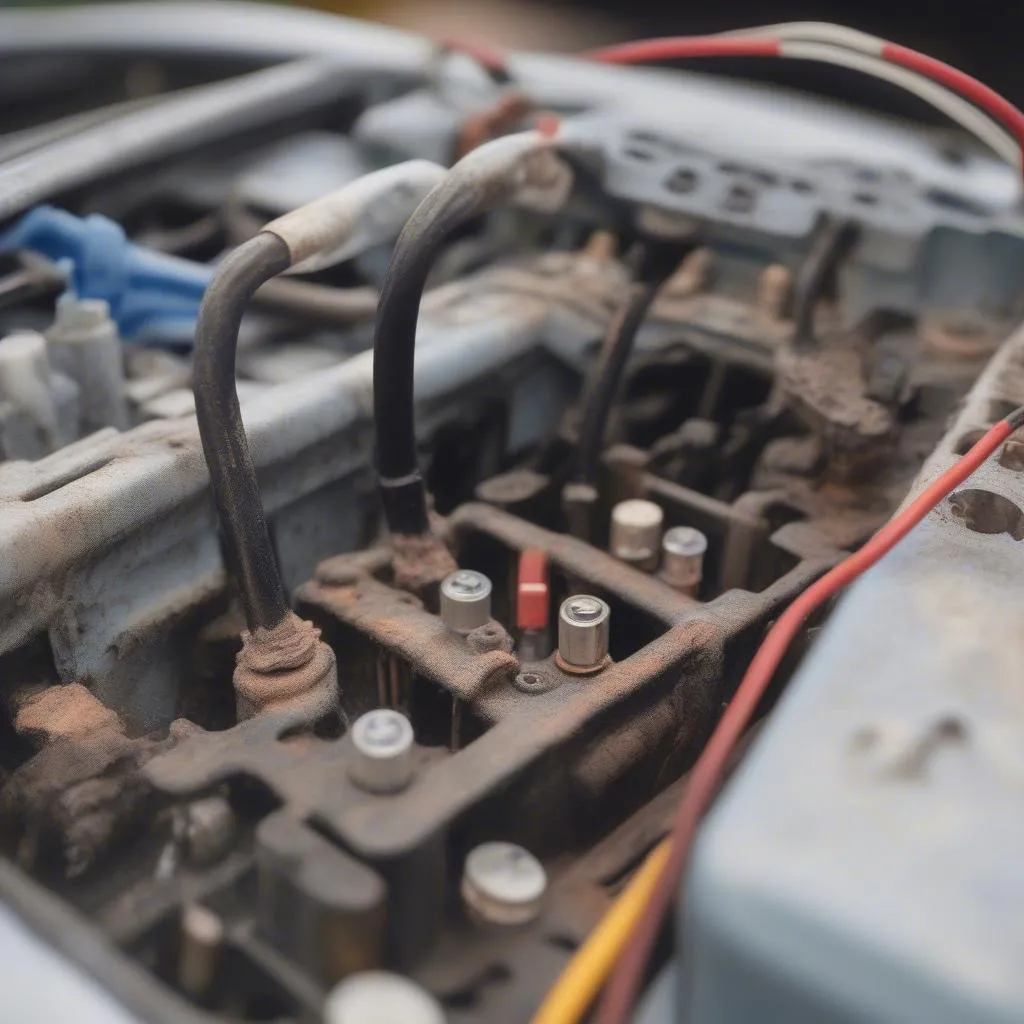Mercedes-Benz, renowned for its luxury vehicles, is also known for its innovative technology, even in the realm of car repair. The company has a history of filing patents that aim to simplify the process of “fixing the car”, making it easier for both mechanics and everyday car owners. Let’s dive into what these patents mean for you.
Understanding Mercedes’ Approach to Car Repair
Mercedes-Benz understands that car trouble can be frustrating. Their patents often focus on streamlining diagnostics and repair procedures, minimizing downtime and potentially reducing costs associated with complex repairs.
car-engine-diagnostics|Car Engine Diagnostics|A mechanic using a digital diagnostic tool to inspect a car engine.
Identifying Common Car Issues
Before we delve into the patents, let’s identify some common car problems that Mercedes owners might encounter:
Engine Problems
- Check Engine Light: This could indicate anything from a loose gas cap to a serious engine malfunction.
- Unusual Noises: Rattling, knocking, or grinding sounds coming from your engine could signal issues with belts, bearings, or more serious internal components.
- Decreased Performance: Noticeable drops in acceleration, power, or fuel efficiency could be signs of engine trouble.
Electrical System Faults
- Battery Issues: Difficulty starting your car, dimming lights, or flickering dashboard indicators might point to a failing battery.
- Sensor Malfunctions: Modern Mercedes vehicles rely heavily on sensors. A malfunctioning sensor can disrupt various systems, from engine performance to safety features.
car-electrical-system|Car Electrical System|Close-up view of a car’s fuse box and wiring harness.
Transmission Problems
- Rough Shifting: Difficulty changing gears or experiencing jolts during shifting could indicate a transmission issue.
- Slipping Gears: If your engine revs up but the car doesn’t accelerate as expected, you might have a slipping transmission.
Brake System Issues
- Spongy Brakes: A soft or spongy brake pedal can indicate air in the brake lines or problems with the master cylinder.
- Squealing or Grinding Noises When Braking: This often signals worn brake pads or rotors.


